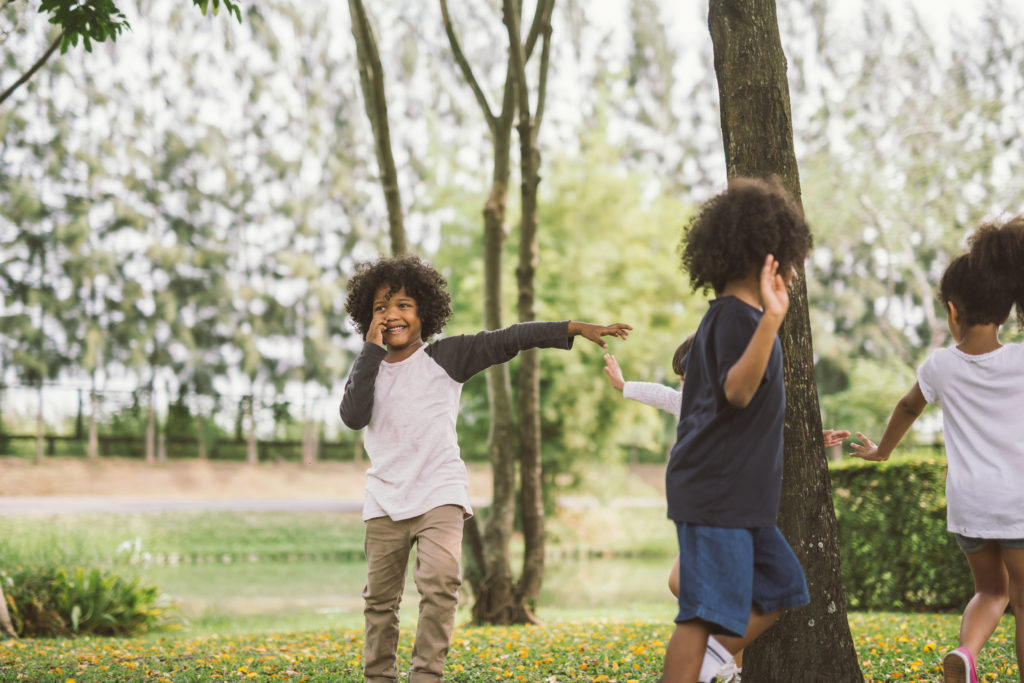
A long-term study in Finland has tracked children from the age of eight until the age of 50 and a new analysis of the data, just published, has looked at some of the correlations between socioemotional behaviour in childhood and later life achievement and health behaviours.
There are a number of interesting correlations which have also been supported by other studies. The one is that well-controlled behaviour in childhood predicted more physical activity in middle age. This is probably due to being more conscientious and structured and being able to make and stick to exercise plans.
Another correlation was that social activity in childhood predicted higher alcohol consumption and smoking in adulthood. This is most likely through being in more social situations – many of these are associated with drinking alcohol and also smoking with peers.
There was also a correlation to educational achievement with well-controlled behaviours in childhood predicting, to a degree, educational attainment. But similarly higher educational attainment was also related to less alcohol consumption and less smoking. It should be noted that some of these showed differences to boys and girls.
Though this may sound like it is deterministic i.e. if you are well-structured in childhood, life will be good and alternatively, it will not be. The effect sizes are generally small, and, for example, there was no correlation found for BMI at age 50.
So, behaviours and personality at age eight can give an indication of future life trajectories but this indication is only small and other factors will play a much larger role.
Reference:
Tiia Kekäläinen, Jenni Karvonen, Timo Törmäkangas, Lea Pulkkinen, Katja Kokko.
Pathways from childhood socioemotional characteristics and cognitive skills to midlife health behaviours.
Psychology & Health, 2022; 1
DOI: 10.1080/08870446.2022.2041639
More Quick Hits
When Stress Is Good For Brain Functioning
Quick HitsDaily brief research updates from the cognitive sciences tress gets a bad rap – understandably it is a negative experience and has been shown over long periods of time, and with high intensity, to cause multiple negative outcomes, from...
Put Your Smartphone Down and Let your Mind Wander – You’ll Be Happier
Quick HitsDaily brief research updates from the cognitive sciences here’s a lot been said about smartphone usage and how it can be used and abused. Most of this concern revolves around usage in children or teenagers, however, with some research...
The Amazing Impact Of Reaching Out To Your Old Friends
Quick HitsDaily brief research updates from the cognitive sciences few weeks ago a friend I hadn’t seen for about 10 years sent me a message and asked if I had time to meet up. I was elated. "Sure," I immediately messaged back, "when and where?!"...
Really? Belief In Conspiracies Not Increasing
Quick HitsDaily brief research updates from the cognitive sciences e may feel like we’re in an age of conspiracy theories, that social media is turbocharging the wild and wacky theories, and the so-called information bubbles are sending people down...
You Wake Up 100 Times Each Night – And That Helps Memory
Quick HitsDaily brief research updates from the cognitive sciences have written numerous posts and articles on sleep and the brain (review here), and the evidence is crystal clear. Good and consistent sleep is essential to all aspects of physical...
Only Three Factors Can Predict Mental Illness With 90% Accuracy
Quick HitsDaily brief research updates from the cognitive sciences here are multiple mental disorders that can afflict us human beings. And the assumption is that these are complex in nature and there are a multitude of paths to mental illness....
Cooperation Amongst Strangers Is On the Rise
Quick HitsDaily brief research updates from the cognitive sciences espite a belief in many that society is falling apart and becoming less caring and social this study proves the opposite. A study published by Yuan et al. with the American...
Brain Network For Social Attraction Identified
Quick HitsDaily brief research updates from the cognitive sciences umans do it. Birds do it. Fish do it. So do multitudes of other species. We flock together, come together, are attracted to our kind. We are a social species. But the question is...
The Brainwaves That Boost Creativity
Quick HitsDaily brief research updates from the cognitive sciences outlined here how recent research has shown that the brains of highly creative individuals use different networks, and this also reminded me of separate piece of research from a...
How Creative Brains Function Differently
Quick HitsDaily brief research updates from the cognitive sciences an you learn creativity? Well, you can learn anything, and you can certainly learn to be more creative. But the big question is do those people high in creativity have brains that...










